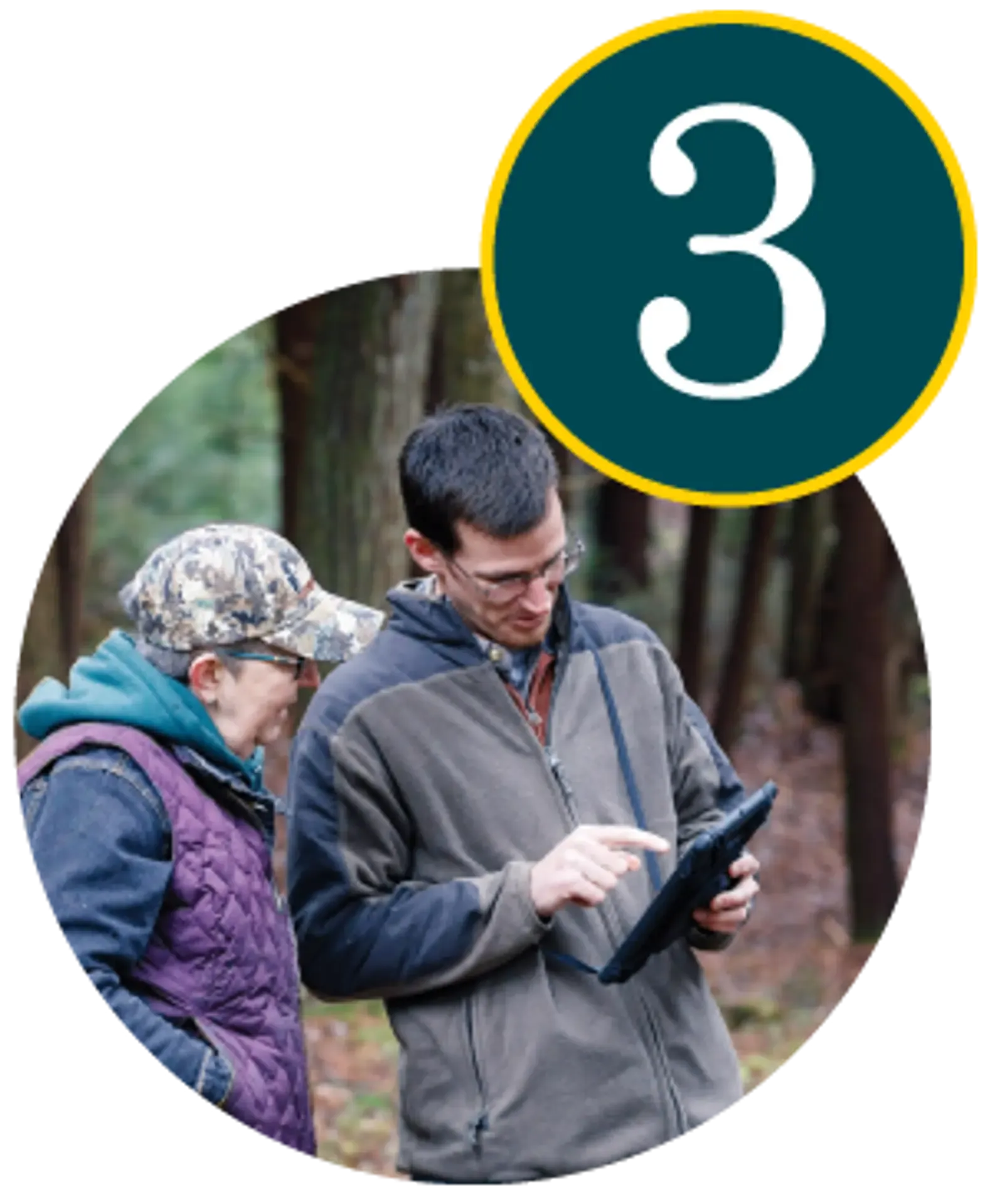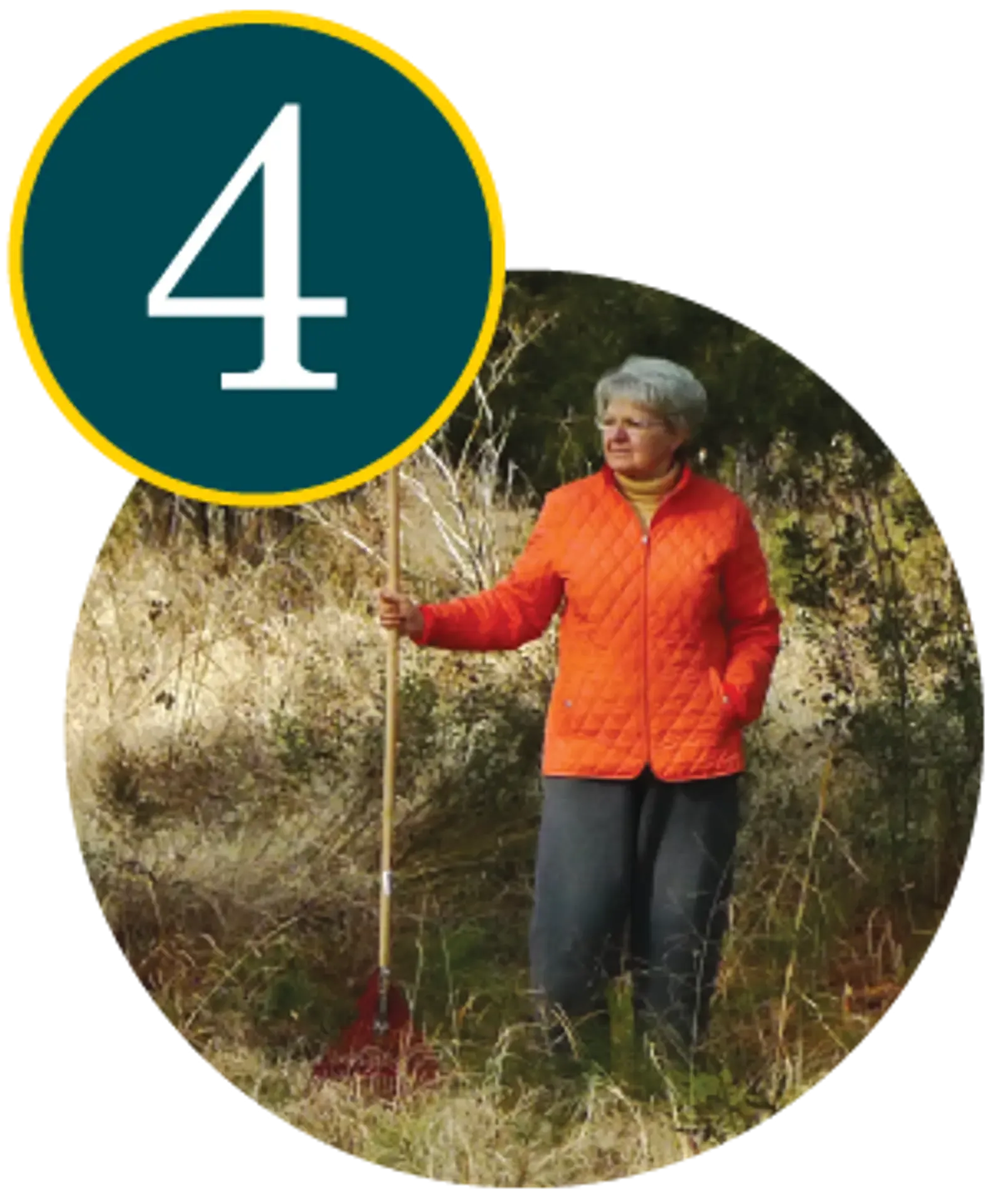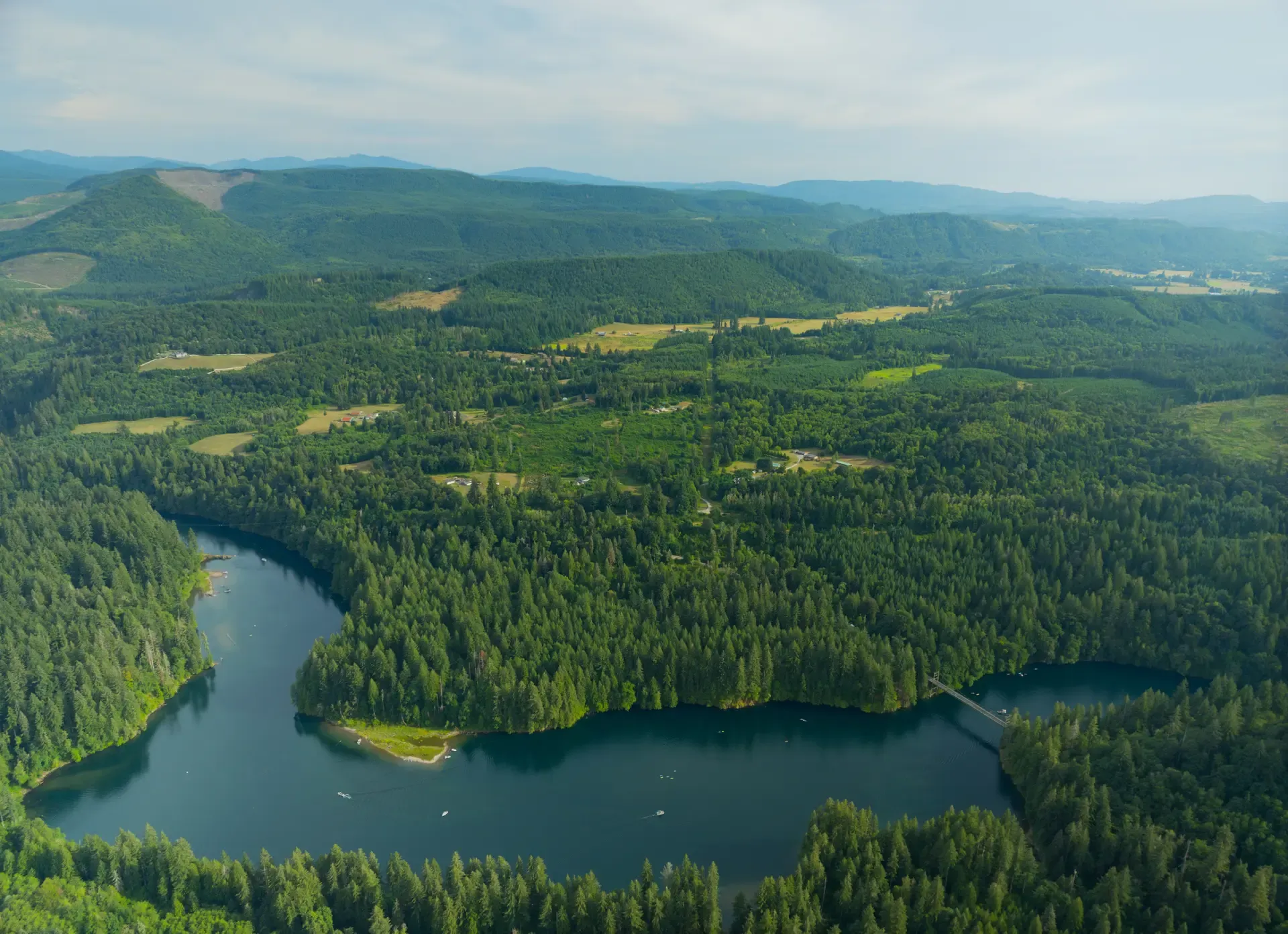White Paper: Family Forests and Carbon Markets

type: asset-hyperlink id: 3Im0JHL4V3SyO8AXtN0xH9
As companies work to reduce their overall emissions, as well as remove emissions from their supply chain, they should look to how natural climate solutions, such as forests, can be a part of their comprehensive climate strategy. The American Forest Foundation (AFF) has explored how U.S. family-owned forests specifically can be a significant component to reducing carbon.
Here is a summary of the opportunities and challenges to consider:

Forests Provide A Significant Path To Addressing Climate Change
In the U.S. forests occupy roughly one-third of our land cover and serve as our nation’s largest terrestrial carbon sink, offsetting 11.3% of our country’s annual emissions. Yet, studies from The Nature Conservancy show forests could store more through natural climate solutions, or actions that conserve, restore or improve land to increase carbon sequestration and storage.
To tap into the full carbon potential of our forests, actions can be taken to keep forests as forests, improve the management of existing forests, reforest (plant trees), and use more forest products which store carbon and encourage the cycle of investment in more trees.
Family-Owned Forests Are An Untapped Opportunity To Sequester Carbon
To tap into the carbon potential of U.S. forests, the greatest opportunity lies in family-owned forests. Families and individuals collectively own the largest portion – 36% - of all forests. The majority of families own smaller forested tracts between 20 and 1,000 acres. These owners represent 1 in 4 rural Americans.
More importantly, their values align with the needs of our environment and climate. Family forest owners care about the health of their woods and about seeing their land remain as a forest into the future.
Yet few are taking action to do so. Nearly 2 out of 3 family forest owners have a household income of less than $100,000, and struggle with the high cost of forest management and conservation. Forest owners also struggle to find information and trusted resources to help them. Removing these barriers can help empower landowners to sequester more carbon from their forests.


Carbon Markets Can Empower Family Landowners To Act
To help combat cost barriers for landowners, markets, specifically, carbon markets, are an effective mechanism. Ecosystem services markets provide landowners with an avenue to bring in income from their land that can help them cover the cost of needed forest management activities and drive economic stimulus to rural areas. They offer landowners a voluntary option for action, complementing government tools and leveraging private-side investment, to help achieve scale across the country.
Yet, current forest carbon programs present challenges for the majority of family forest owners to participate. More than 98% of the forest carbon projects in the U.S. have been developed on properties exceeding 5,000 acres in size — which account for a very small portion of the forestland in the U.S. Less than 1% of acres in existing carbon projects are on acreages between 20 and 1,000 acres — the size range of the majority of family-owned properties in the U.S. This is mostly due to current carbon projects complexity, high upfront costs and contract length.
The Family Forest Carbon Program Brings Together Family Forest Owners, Policymakers, and Companies to Address Climate Change
The Family Forest Carbon Program is a new program, created by the American Forest Foundation and The Nature Conservancy, to open carbon markets to small forest landowners, empowering them to be able to help address our climate challenges.
The Family Forest Carbon Program connects family forest owners with trusted information and professionals, and pays them for implementing carbon-positive forest management practices, helping to bring economic stimulus to rural communities. Learn more about a new bill, the Rural Forests Markets Act that can help stand up more programs like this for forest owners.
For companies seeking to reduce their supply chain emissions or address residual emissions that can’t be eliminated given current technologies, the Family Forest Carbon Program provides verified carbon credits that can be purchased. In addition, it provides companies an avenue to support rural landowners through economic stimulus, and make a positive impact on wildlife habitat, clean water and forest resiliency.type: asset-hyperlink id: 3Im0JHL4V3SyO8AXtN0xH9

type: asset-hyperlink id: 3Im0JHL4V3SyO8AXtN0xH9
Related Articles

July 1, 2025
Forester Spotlight: Sarah Cawood
We’re excited to highlight Sarah Cawood, a dedicated forester with the Family Forest Carbon Program (FFCP) who brings enthusiasm, experience, and a strong commitment to conservation to her work.

June 30, 2025
Why Voluntary Carbon Markets Are a Smart Investment for Companies Tied to Forests and Water
Extreme weather events are intensifying across the U.S.—from wildfire to prolonged drought and flooding—and our forests are often at the center of these impacts. While these challenges ultimately affect everyone, certain industries increasingly face direct, material exposure to these effects—but they also have unique tools to reduce that risk.

June 3, 2025
Why Wildlife Loves Loblolly—And How These Pines Can Benefit Your Land
A quiet stretch of pine trees can offer more than just scenery—it can provide vital habitat for wildlife across every season. Loblolly pine, the most common native tree species in the Southeast, plays a particularly important role in creating habitat for a wide variety of game and non-game species, from wild turkeys and rabbits to songbirds and squirrels.